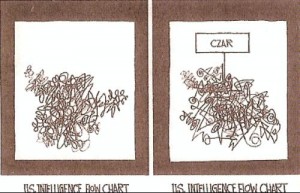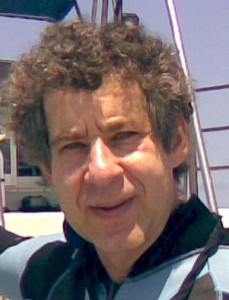
Subcommittee on Oversight and Investigations
House Committee on Foreign Affairs
Baluchistan Hearing, February 8, 2012
Testimony of Ralph Peters, military analyst and author
“PAKISTAN AS A FAILING EMPIRE”
2012-02-09 Ralph Peters House Testimony, Baluchistan and Pakistan (8 pages, doc)
Introductory remarks: This testimony arises from three premises.
First, we cannot analyze global events through reassuring ideological lenses, be they left or right, or we will continue to be mistaken, surprised and bewildered by foreign developments. The rest of the world will neither conform to our prejudices nor behave for our convenience.
Second, focusing obsessively on short-term problems blinds us to the root causes and frequent intractability of today’s conflicts. Because we do not know history, we wave history away. Yet, the only way to understand the new world disorder is to place current developments in the context of generations and even centuries. Otherwise, we will continue to blunder through situations in which we deploy to Afghanistan to end Taliban rule, only to find ourselves, a decade later, impatient to negotiate the Taliban’s return to power.
Third, we must not be afraid to “color outside of the lines.” When it comes to foreign affairs, Washington’s political spectrum is monochromatic: timid, conformist and wrong with breathtaking consistency. We have a Department of State that refuses to think beyond borders codified at Versailles nine decades ago; a Department of Defense that, faced with messianic and ethnic insurgencies, concocted its doctrine from irrelevant case studies of yesteryear’s Marxist guerrillas; and a think-tank community almost Stalinist in its rigid allegiance to twentieth-century models of how the world should work.
If we do not think innovatively, we will continue to fail ignobly.








